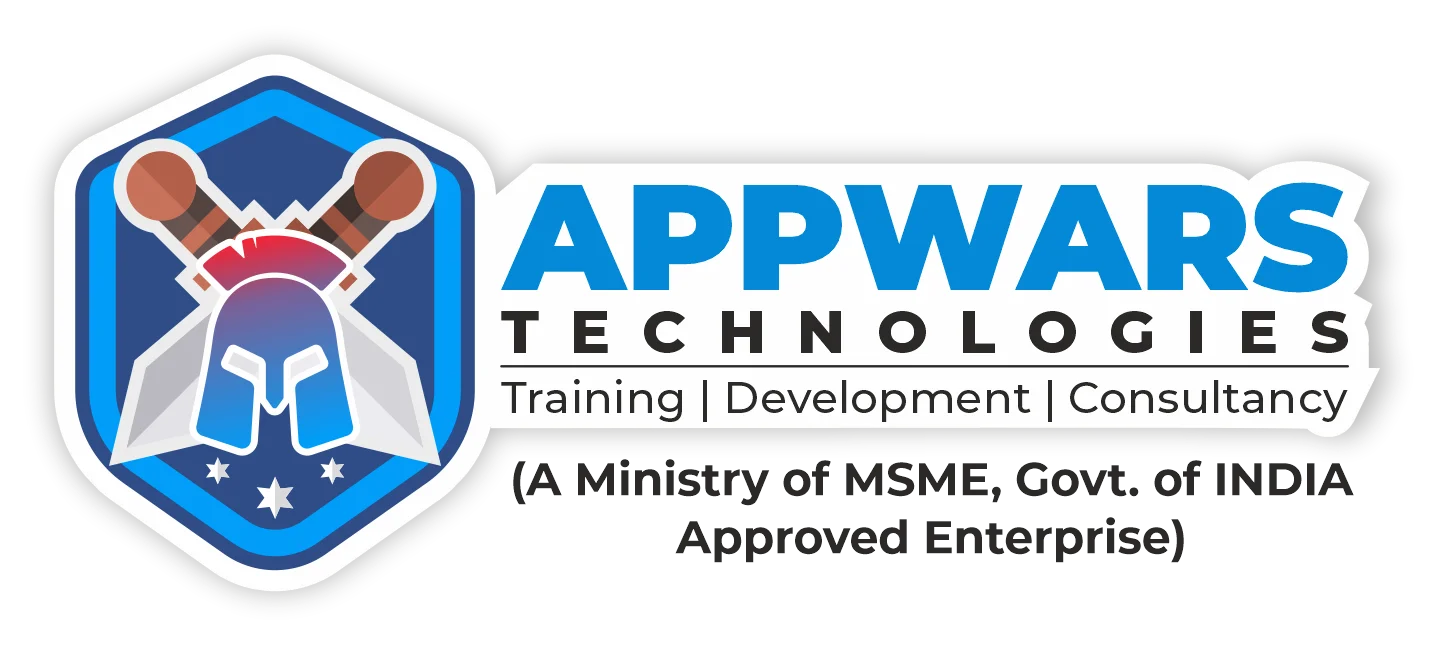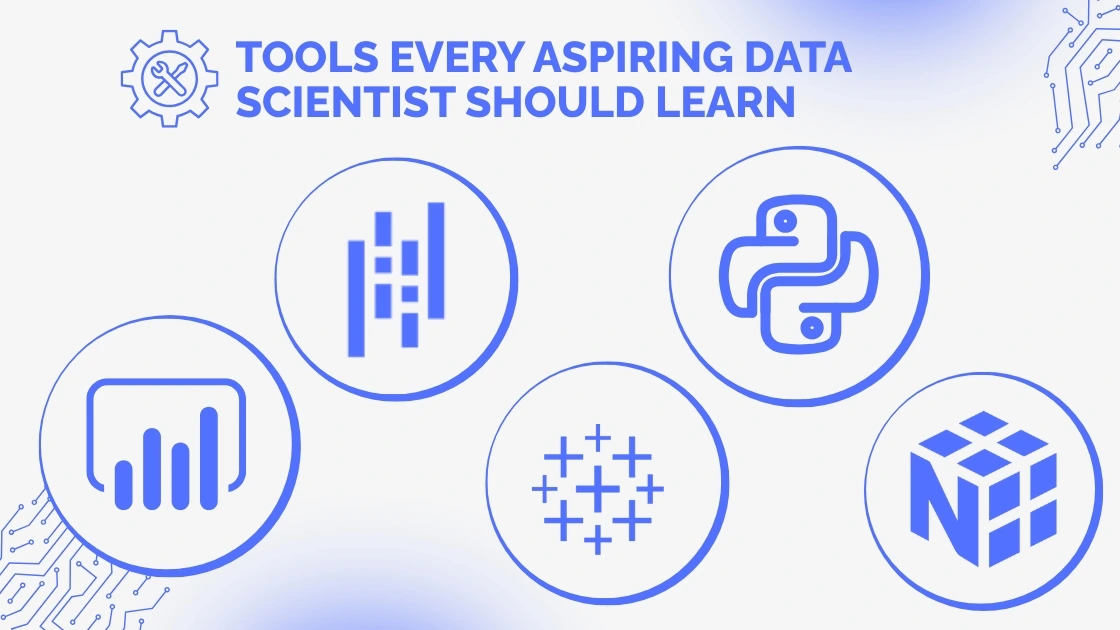In today’s fast-paced and ever-evolving world, the information technology (IT) sector is one of the most competitive industries to thrive in. With new advancements emerging daily and professionals constantly upgrading their skills, the challenge isn’t just getting into the industry but making a mark that distinguishes you from the crowd. For aspiring and experienced IT professionals, standing out requires strategic planning, continuous learning, and leveraging opportunities effectively. This guide from AppWars Technologies will outline actionable strategies to help you excel in the IT sector and build a successful career.
Master the Fundamentals
A strong foundation in the basics of IT is non-negotiable. Whether you’re a software developer, network engineer, data scientist, or cybersecurity specialist, having a deep understanding of the core principles of your domain is crucial. Employers value candidates who demonstrate mastery over their craft and possess the technical knowledge required to solve real-world problems.
Invest time learning and revisiting fundamental concepts, such as programming languages, data structures, algorithms, networking protocols, and database management. Supplement your knowledge with hands-on practice through coding challenges, personal projects, or contributing to open-source initiatives. Platforms like HackerRank, CodeChef, and GitHub are excellent resources for sharpening your skills and showcasing your abilities.
Specialize in Niche Technology
In the vast IT landscape, generalists often find it challenging to compete against specialists. By focusing on a specific niche or emerging technology, you can carve a unique space for yourself in the industry. Technologies such as artificial intelligence (AI), machine learning (ML), blockchain, cloud computing, DevOps, and cybersecurity are rapidly growing fields with high demand for skilled professionals.
To identify the right niche, assess your interests, strengths, and the market’s current needs. Once you’ve chosen your area of specialization, immerse yourself in it. Take online courses, attend webinars, and read research papers to stay updated. Certifications from recognized institutions, such as AWS, Microsoft, Cisco, or CompTIA, can further validate your expertise and enhance your credibility.
Build a Strong Portfolio
Your portfolio is your professional identity and a powerful tool to showcase your skills to potential employers or clients. A well-curated portfolio demonstrates your technical proficiency, creativity, and ability to deliver results. Include a diverse range of projects that highlight your expertise in various aspects of your chosen field.
For example, if you’re a web developer, showcase responsive websites, interactive applications, and any innovative solutions you’ve created. If you’re a data scientist, include case studies, data visualizations, and predictive models. Document the challenges you faced during each project, the solutions you implemented, and the impact of your work. Sharing your portfolio on platforms like LinkedIn, GitHub, or personal websites can increase your visibility and attract opportunities.
Stay Updated with Industry Trends
The IT sector is synonymous with innovation and change. Staying updated with the latest trends, tools, and technologies is essential to remain relevant and competitive. Follow industry news, subscribe to tech blogs, and join forums or online communities where professionals discuss new developments.
Attend industry conferences, workshops, and hackathons to learn from experts, gain hands-on experience, and expand your network. Embracing continuous learning through online platforms like Coursera, Udemy, or edX can help you keep pace with advancements and acquire in-demand skills.
Develop Soft Skills
Technical expertise alone isn’t enough to stand out in the IT sector. Employers seek candidates who possess strong communication, collaboration, and problem-solving abilities. Soft skills enable you to work effectively in teams, articulate ideas clearly, and build positive relationships with colleagues and clients.
Focus on developing skills such as:
- Communication: Practice presenting your ideas confidently and concisely.
- Collaboration: Learn to work effectively in diverse teams and adapt to different working styles.
- Problem-solving: Cultivate a proactive approach to identifying and resolving challenges.
- Time management: Prioritize tasks and manage deadlines efficiently.
Participating in team projects, volunteering for leadership roles, or taking courses on interpersonal skills can help you enhance these abilities.
Network Strategically
Networking is a cornerstone of professional growth in the IT sector. Building meaningful connections with peers, mentors, and industry leaders can open doors to new opportunities and provide valuable insights into the industry. Attend meetups, join professional organizations, and participate in online communities to expand your network.
LinkedIn is a powerful platform for networking in the IT sector. Optimize your profile with a professional photo, detailed work experience, and a compelling summary. Engage with industry professionals by sharing insightful posts, commenting on discussions, and connecting with like-minded individuals. Don’t hesitate to seek mentorship or guidance from experienced professionals who can help you navigate your career path.
Contribute to Open-Source Projects
Contributing to open-source projects is an excellent way to gain practical experience, collaborate with other professionals, and enhance your visibility in the IT community. Open-source platforms like GitHub provide opportunities to work on real-world projects, learn from experienced developers, and showcase your skills to potential employers.
Identify projects aligned with your interests and expertise, and start by contributing to small tasks or documentation. As you gain confidence, take on more complex challenges. Open-source contributions demonstrate your commitment to learning, teamwork, and giving back to the community.
Pursue Advanced Certifications and Degrees
Certifications and advanced degrees can significantly boost your credentials and increase your marketability in the IT sector. Certifications validate your expertise in specific technologies and demonstrate your commitment to professional development.
Popular certifications include:
- Cloud Computing: AWS Certified Solutions Architect, Microsoft Azure Certification
- Cybersecurity: Certified Ethical Hacker (CEH), CISSP
- Networking: Cisco Certified Network Associate (CCNA), CompTIA Network+
- Programming: Oracle Certified Professional Java Programmer (OCPJP), Microsoft Certified: Azure Developer Associate
If you’re aiming for leadership roles or specialized positions, consider pursuing a master’s degree in fields like computer science, data science, or business administration.
Gain Practical Experience
Practical experience is invaluable in the IT sector. Internships, freelance projects, and volunteer work provide hands-on exposure to real-world challenges and enhance your problem-solving skills. Employers value candidates who can demonstrate their ability to apply theoretical knowledge to practical scenarios.
Look for internship opportunities with reputable organizations, even if they are unpaid. Freelancing platforms like Upwork or Fiverr can help you gain experience and build a client base. Volunteering your skills for non-profits or startups can also add valuable projects to your portfolio.
Showcase Innovation and Creativity
Innovation and creativity are key differentiators in the IT sector. Employers and clients seek professionals who can think outside the box and deliver innovative solutions. Embrace a growth mindset and experiment with new ideas, tools, or approaches to problem-solving.
Participate in hackathons, coding competitions, or innovation challenges to showcase your creativity. These platforms provide opportunities to collaborate with other professionals, tackle unique problems, and gain recognition for your work. Highlighting your innovative projects or solutions in your portfolio or resume can set you apart from the competition.
Maintain a Strong Online Presence
In the digital age, your online presence is often the first impression you make on potential employers or collaborators. A professional and active online presence can significantly enhance your visibility and credibility in the IT sector.
Create a personal website or blog to share your insights, experiences, and projects. Regularly update your LinkedIn profile and participate in relevant discussions. Join platforms like GitHub, Stack Overflow, or Kaggle to showcase your technical expertise and engage with the community. Actively sharing knowledge and contributing to discussions can position you as a thought leader in your domain.
Seek Feedback and Embrace Continuous Improvement
Feedback is a powerful tool for personal and professional growth. Regularly seek feedback from peers, mentors, or supervisors to identify areas for improvement. Embrace constructive criticism and use it as an opportunity to refine your skills and approach.
Engage in self-assessment by reflecting on your achievements, challenges, and lessons learned. Set specific, measurable, and realistic goals for your professional development. Continuous improvement ensures that you stay relevant, adapt to changing industry demands, and maintain a competitive edge.
Cultivate Resilience and Adaptability
The IT sector can be demanding, with tight deadlines, complex challenges, and rapid changes in technology. Cultivating resilience and adaptability is essential to navigate these demands and thrive in your career. Develop a positive attitude towards challenges and view setbacks as opportunities to learn and grow.
Stay open to change and be willing to learn new skills or take on unfamiliar roles. Adaptability demonstrates your ability to thrive in dynamic environments and contributes to your long-term success in the IT sector.
Conclusion
Standing out in the IT sector requires a combination of technical expertise, continuous learning, and a proactive approach to personal and professional development. By mastering the fundamentals, specializing in niche technologies, building a strong portfolio, and developing soft skills, you can distinguish yourself from the competition and achieve your career goals. Additionally, staying updated with industry trends, networking strategically, and showcasing innovation can further enhance your visibility and credibility.
At AppWars Technologies, we believe in empowering IT professionals to excel in their careers. By following these strategies and embracing a growth mindset, you can unlock your full potential and make a lasting impact in the IT industry. Remember, success in the IT sector is not just about keeping up with change but driving it—and with the right approach, you can lead the way.












